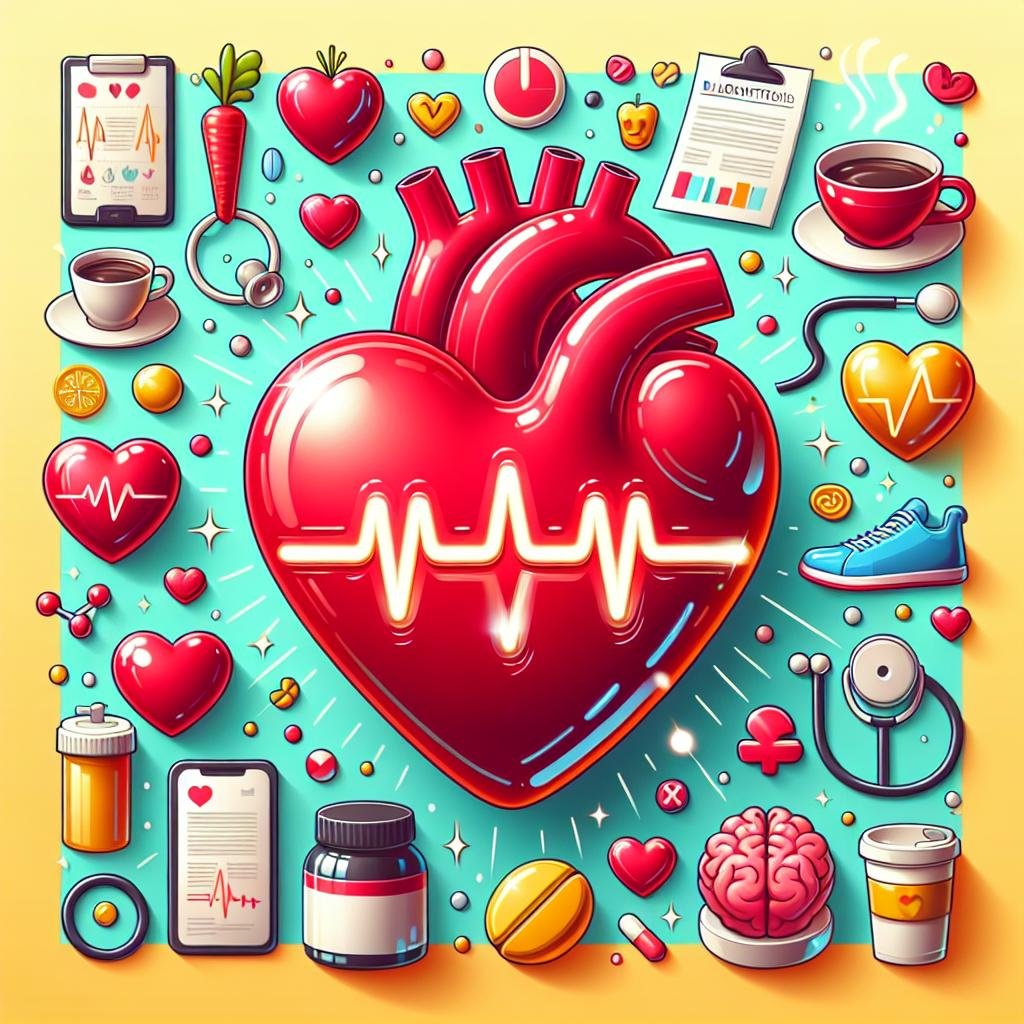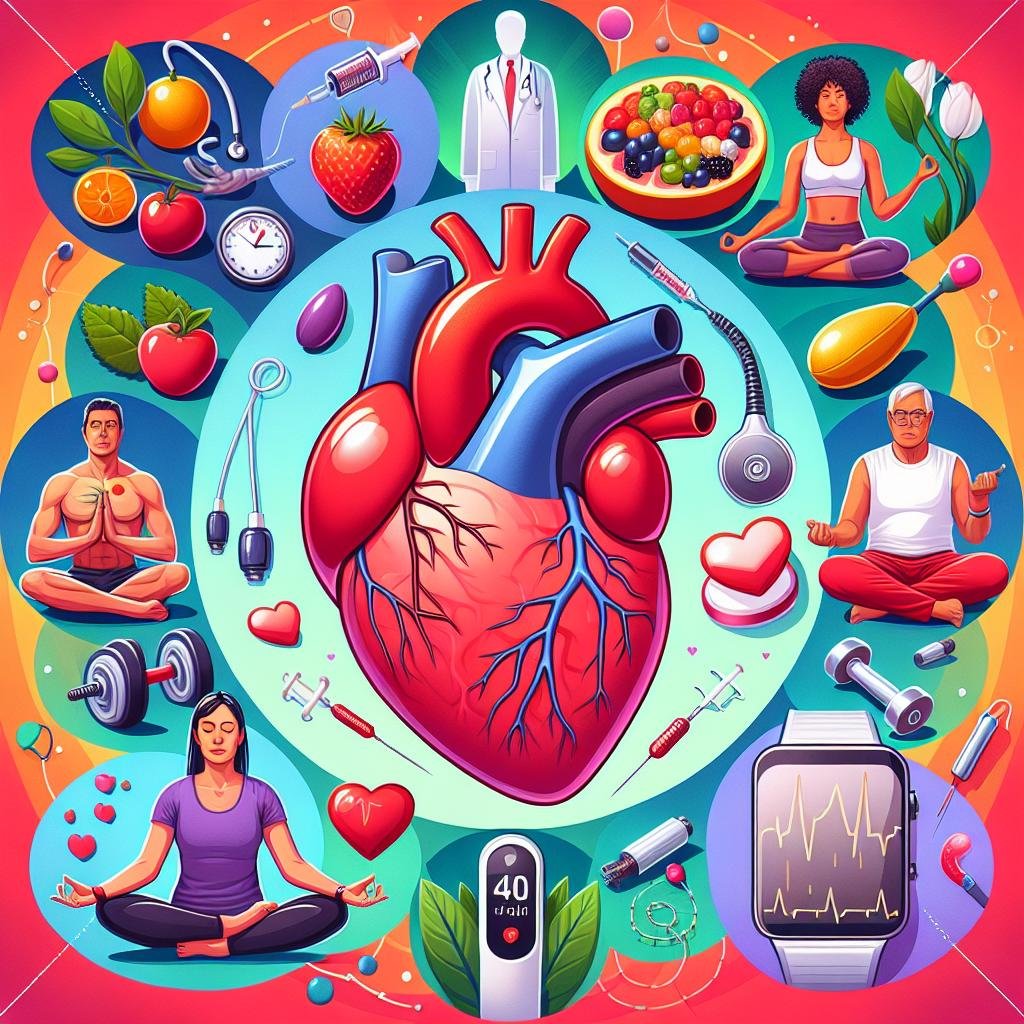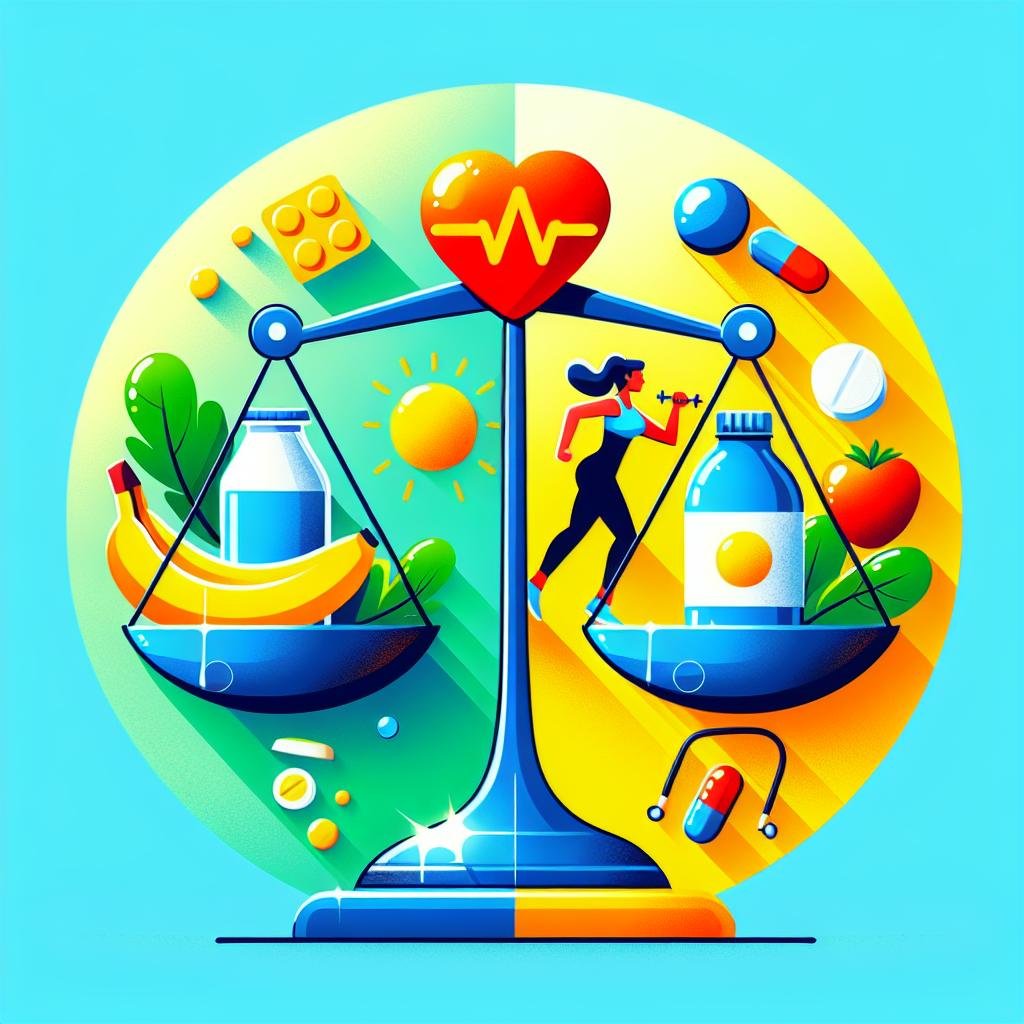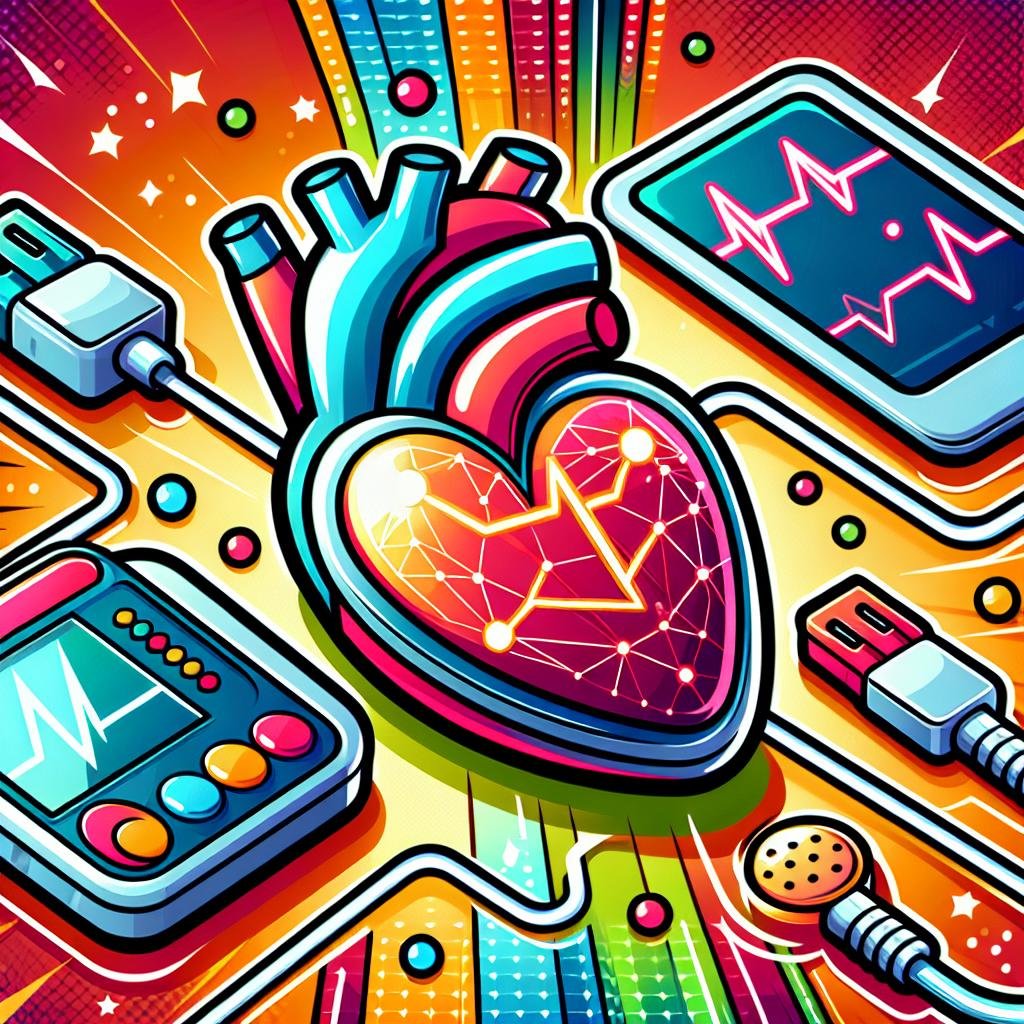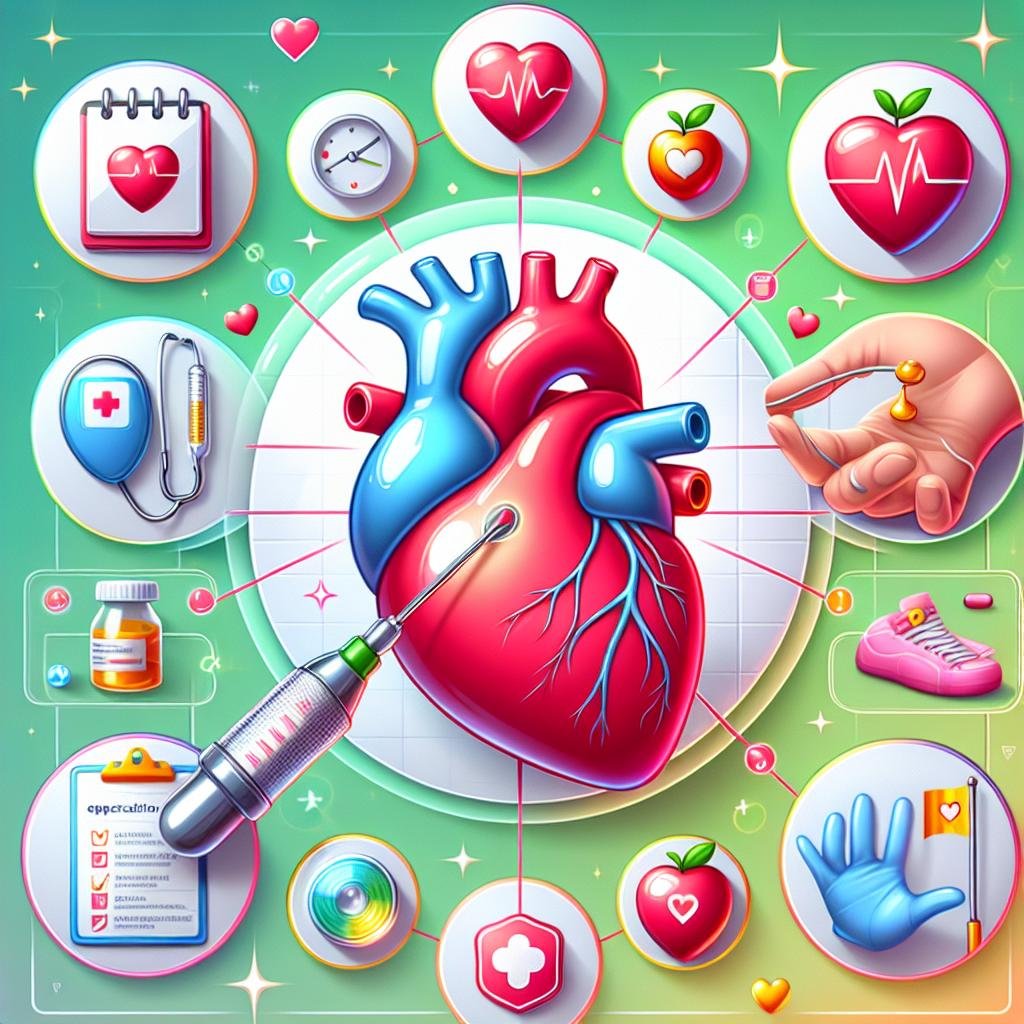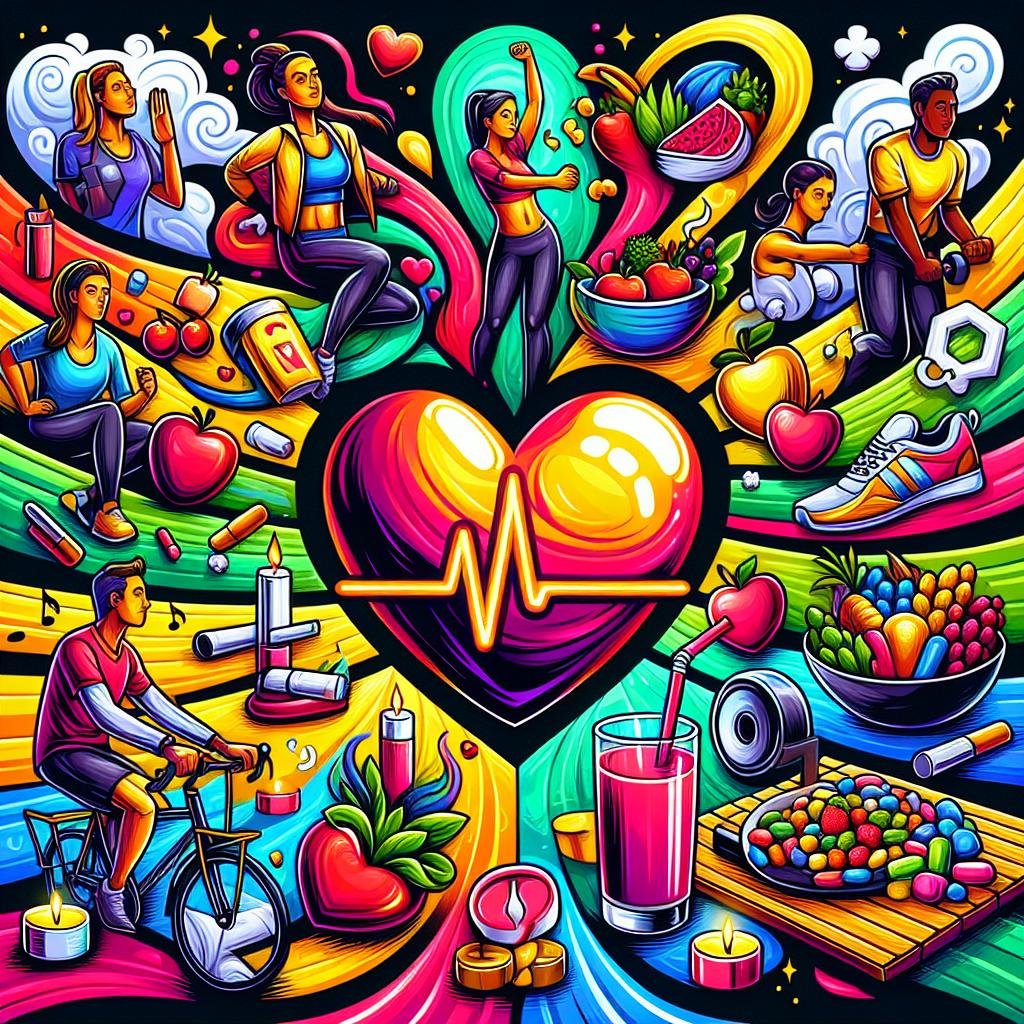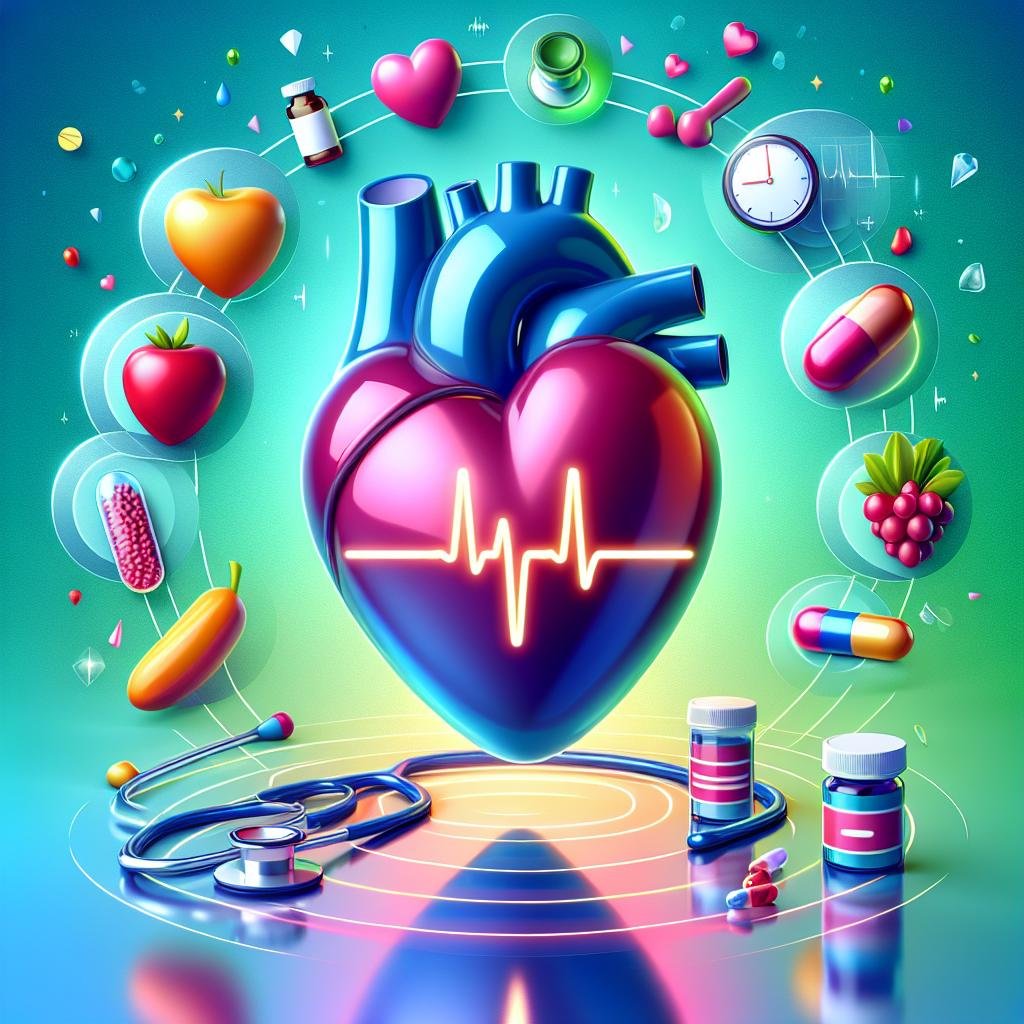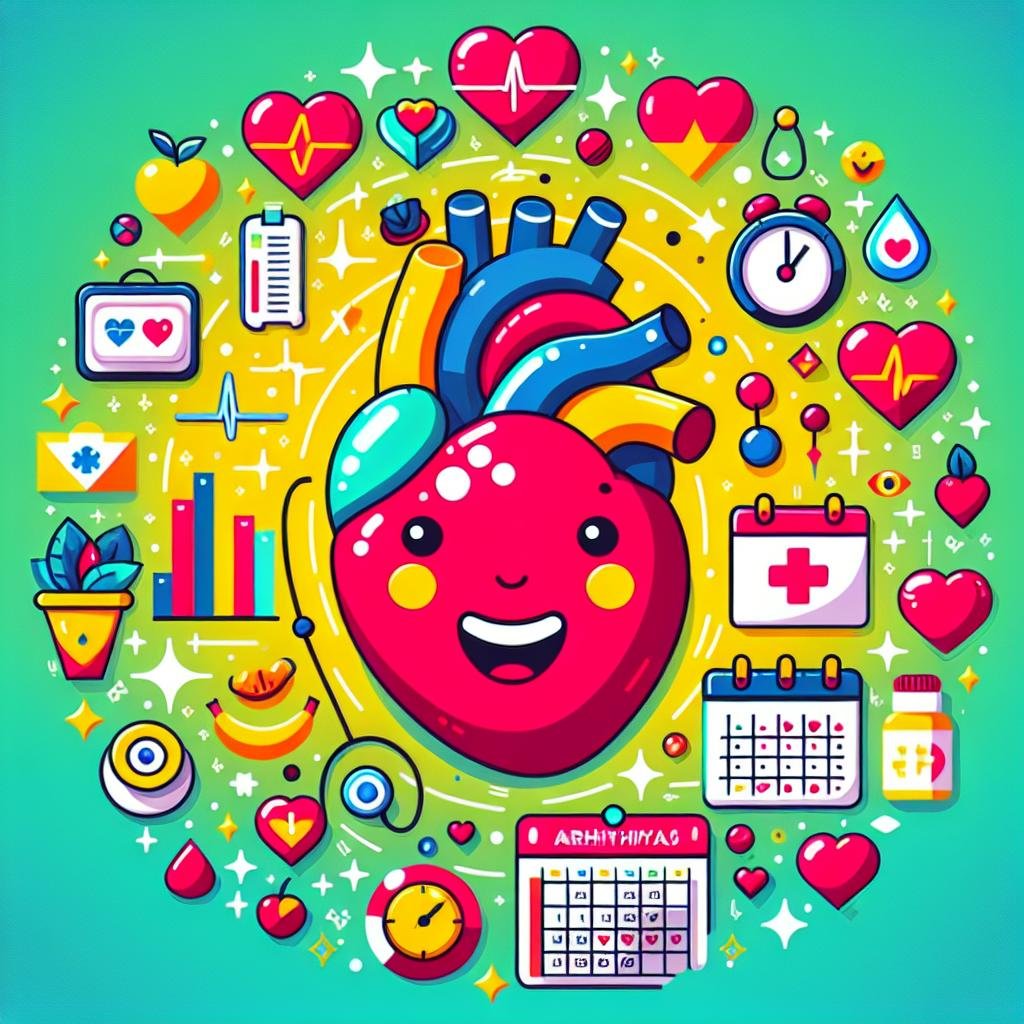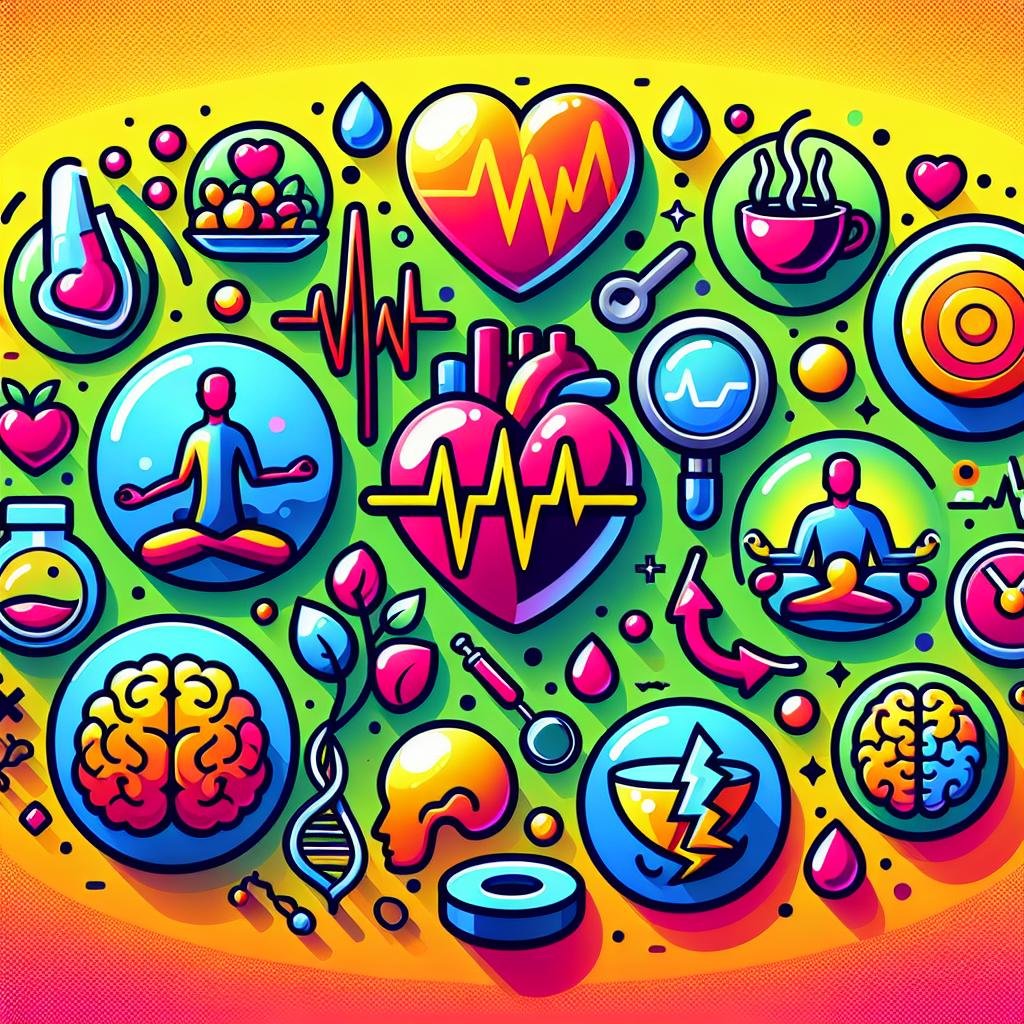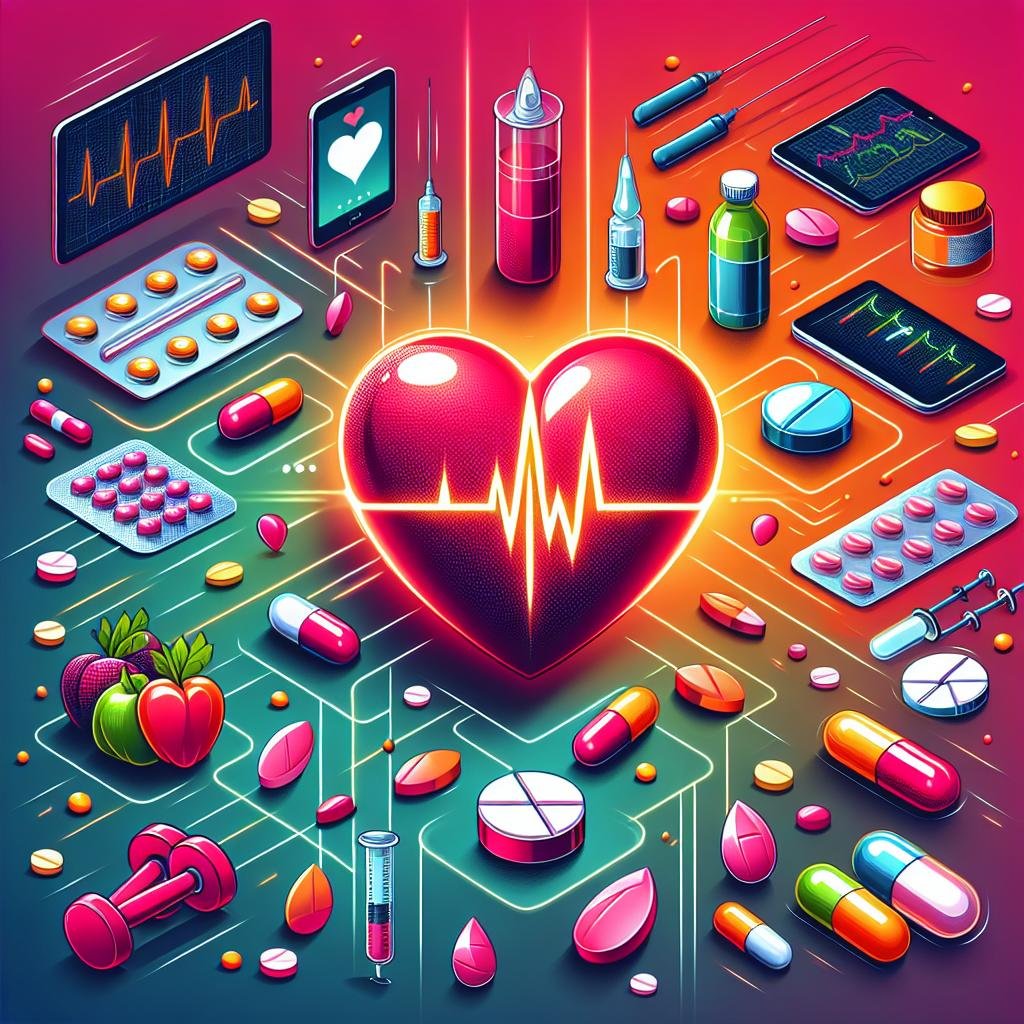Ventricular Tachycardia – Causes, Diagnosis, and Treatment Options
Introduction Ventricular tachycardia, commonly known as VT or V-tach, is a serious heart condition where the lower chambers of the heart, called ventricles, beat too fast. This rapid heartbeat can be dangerous and needs quick medical help. In a normal heart, the ventricles pump blood to the body and lungs. But in ventricular tachycardia, they […]
Ventricular Tachycardia – Causes, Diagnosis, and Treatment Options Read More »
